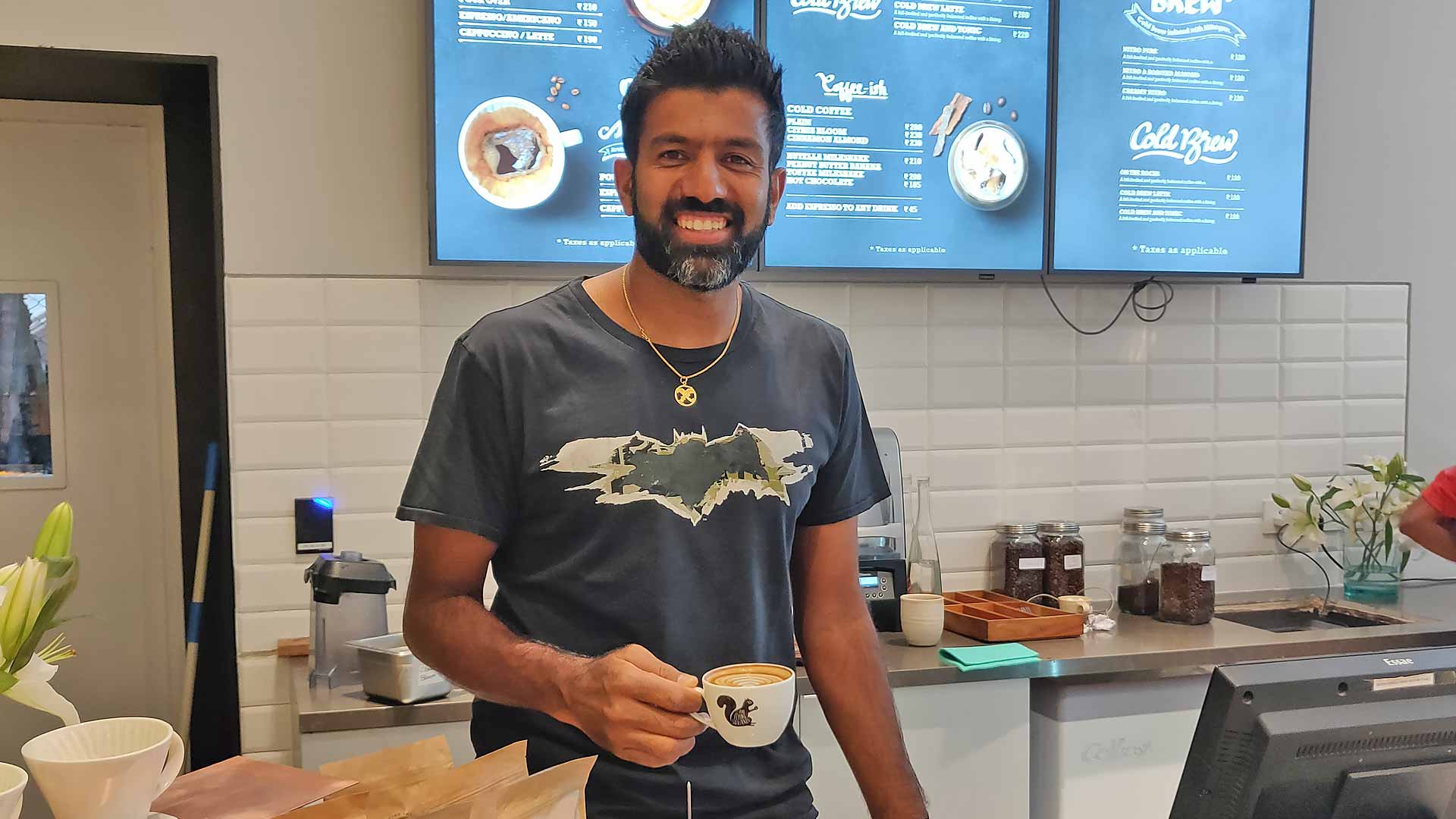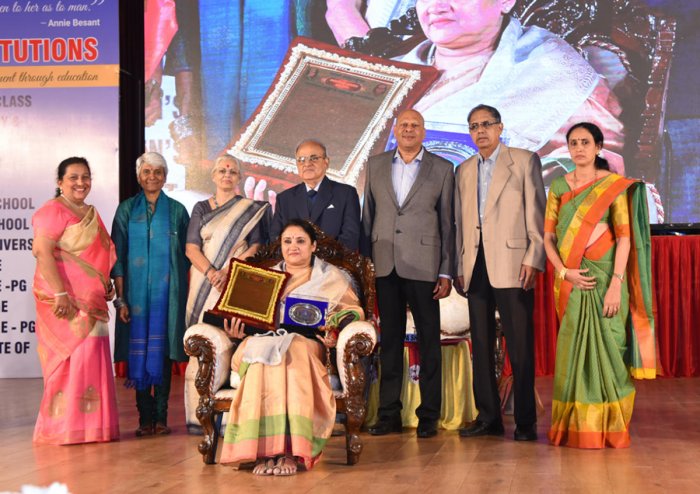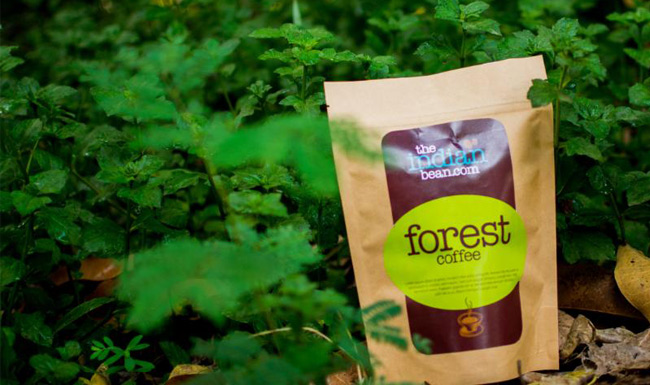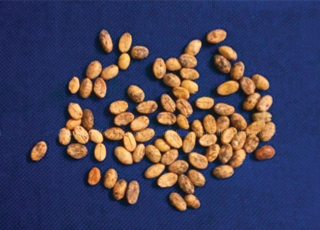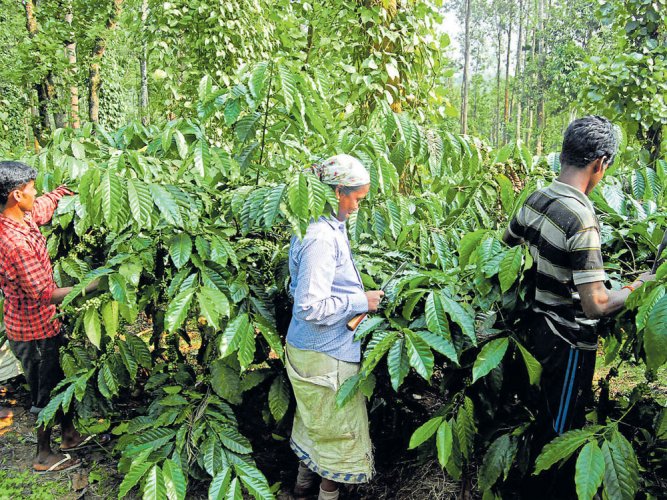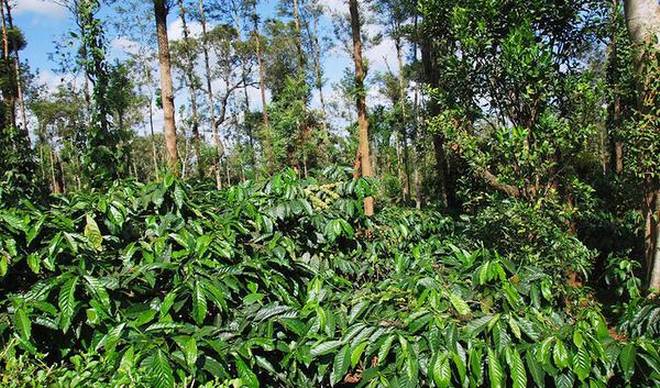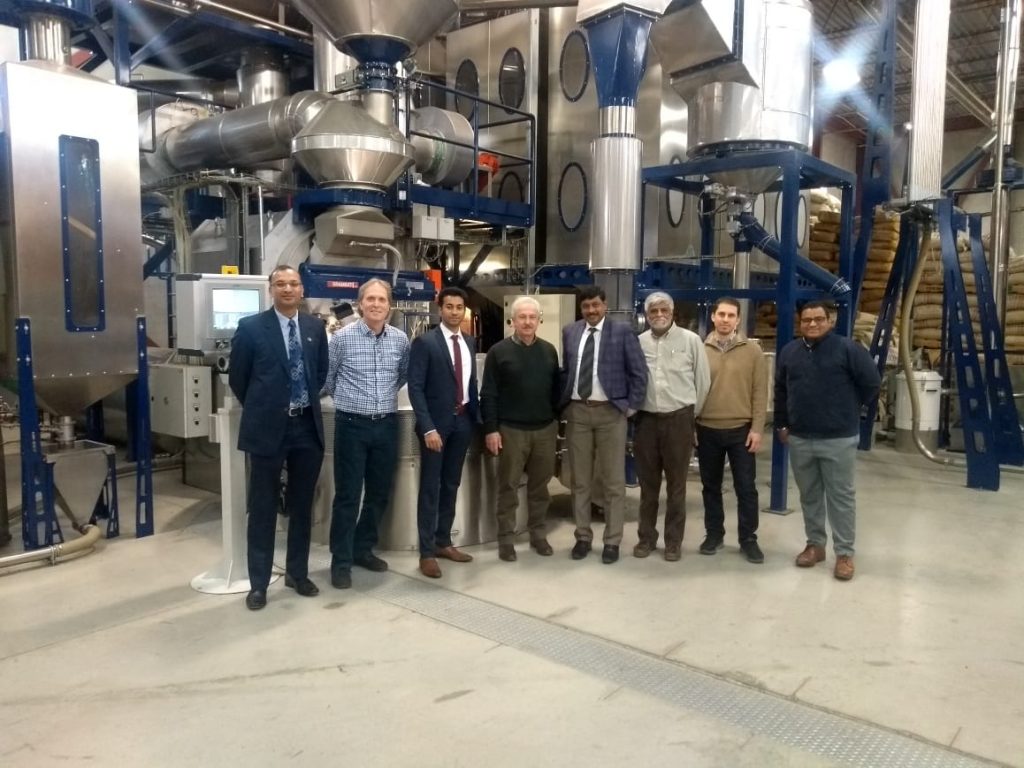
The Coffee Board of India, Ministry of Commerce & lndustry, Govt. of India in association with The Consulate General of India, Toronto organized a special program to promote coffees of India and to facilitate Indian coffee trade. The Indian Delegation comprised of executives from the Coffee Board of India, key exporters, coffee roasters and a coffee planter.
Coffee occupies a place of pride among plantation crops grown in India. India ranks seventh in global coffee production with an annual average profusion of around 320,000 tons contributing to approx. 3.5% of global production and stands at the fifth position in terms of exports contributing to 5% of the global coffee trade. Indian Robustas are perceived to be the best in the world and high-elevation shade-grown Indian Arabicas are sought after as premium eco-friendly coffees. Canada is one of the major importers and consumers of coffee, and imports around 350,000 tons of coffee annually. However, India’s share in this high-value coffee import market in Canada is quite negligible.
The composite delegation led by Mr. Srivatsa Krishna, lAS, CEO & Secretary, Coffee Board of India met with Canadian regulatory officials and Canadian business community on March 11, 2019 at the Indian Consulate in Toronto. The Consul general of India, Mr. Dinesh Bhatia and CEO of Coffee Board of India, Mr. Srivatsa Krishna opened the program by addressing delegates and guests.
The program included an in depth presentation on ‘coffees of India’ followed by a coffee cupping session and exclusive one-to-one interactions with top coffee manufacturers and key stakeholders from the coffee industry of India. On the following day, March 12, delegates Dr. Mandappa I.M (Coffee Quality Specialist, Coffee Board), Shri. N.N. Narendra (Director of Finance, Coffee Board), Mr. V.E Ovian (Director, Indcaffe), Mr. Kaashif Asghar (Managing Partner, The Aldur Group) and key Indian traders met up with Indo Canadian Chamber of Commerce, South Indian Business Community and prominent Canadian coffee business giants in order to create inroads for Indian coffees with the prime objective to benefit all stakeholders including Indian coffee traders, roasters and farmers. -CINEWS
source: http://www.canindia.com / Can India / Home> Community / by CanIndia News Online Edition / March 22nd, 2019
